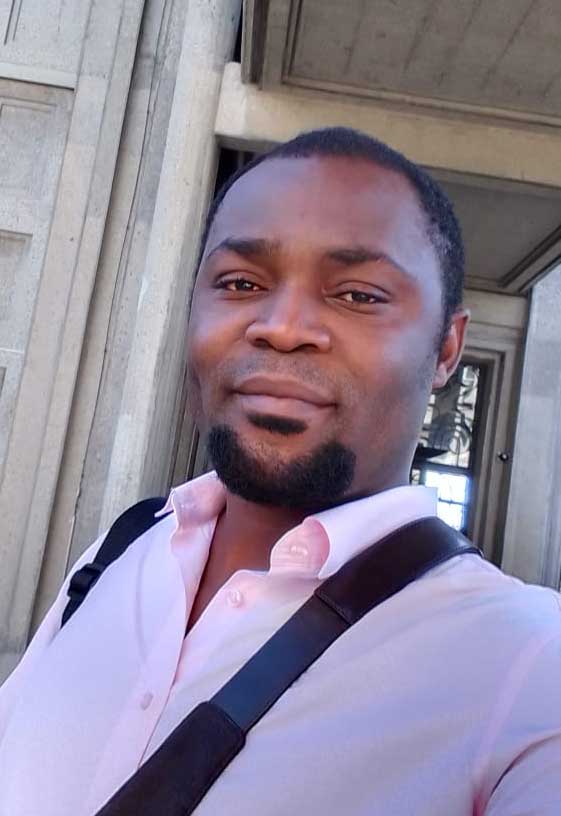
Idrisse Désiré Machia A Rim
Idrisse Désiré Machia A Rim est docteur en histoire contemporaine à Yaoundé. Ancien boursier d’excellence de la Confédération suisse, il a déjà travaillé aux Universités de Lausanne et de Fribourg. Auteur de Les relations entre la Suisse et le Cameroun des indépendances à nos jours (1961-2013). Une esquisse historique (Berlin, Peter Lang, 2022), il s’intéresse aux relations post-coloniales entre la Suisse et l’Afrique. Il est par ailleurs correspondant de la Société Suisse d’Etudes Africaines (SSEA).
Partners
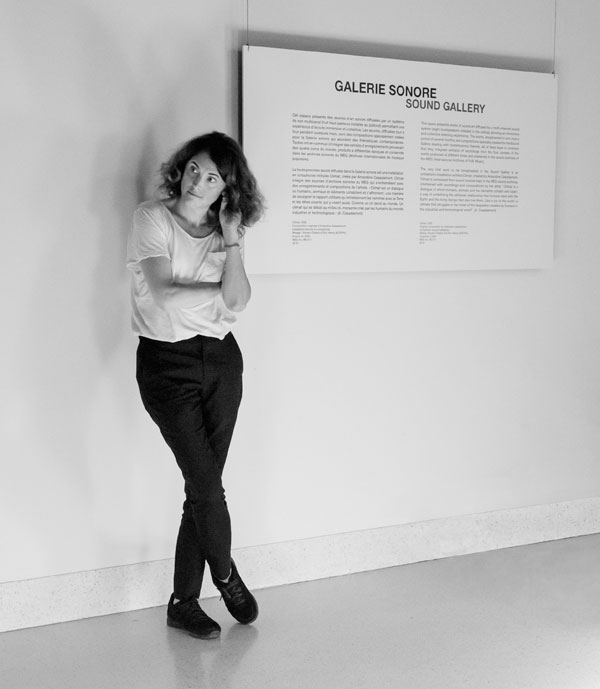
Amandine Casadamont
Amandine Casadamont’s work lies somewhere between radio plays, performances and sound installations. She has written and produced many radio creations in which the fantastic plays an important part in a concrete documented space. Fiction thus comes into contact with reality. Often based on socio-political facts and issues, most of her pieces question the ways our societies function.
©Photo Grand Prix Nova, Bucarest
©Photo Grand Prix Nova, Bucarest
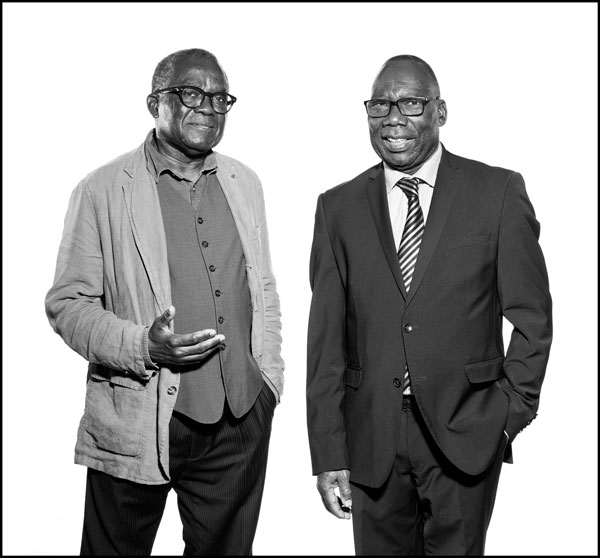
Jean-Didier Ekori and Jean Lignongo
Jean-Didier Ekori has a doctorate in Political Science (University of Dijon) and has conducted research on the impact of tourism on Bamoun art in Cameroon. Jean Lignongo has a doctorate in Geography (University of Lyon II) and has worked as a teacher and urban developer. Researchers of Kota descent, for many years, they have been studying the culture of the peoples of the Congo Basin, particularly the Kota of Congo and Gabon.
©Photo Johnathan Watts/MEG
©Photo Johnathan Watts/MEG
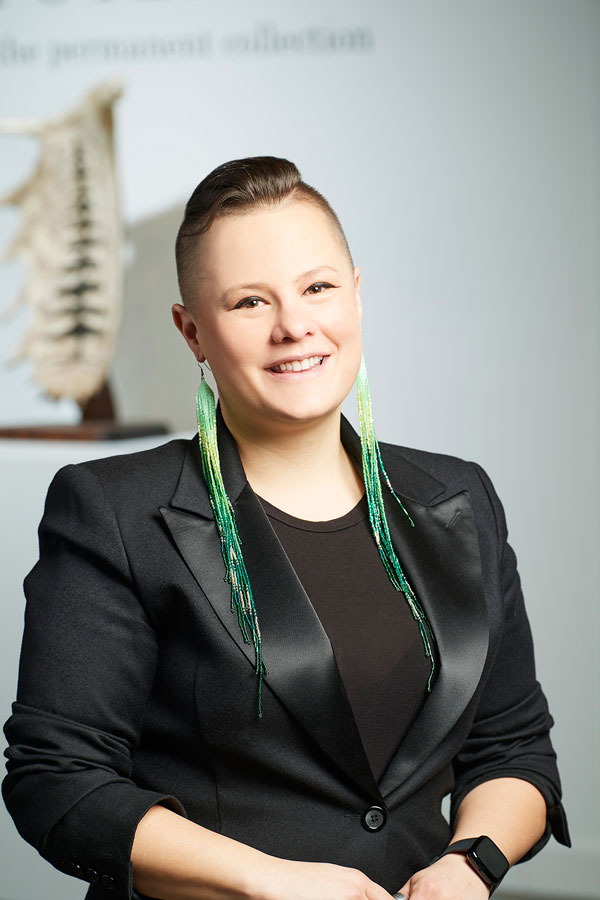
Heather George
Heather George is a mother, gardener, beader, and curator. Heather is Kanien’kehá:ka (Mohawk) from Akwesasne on her father’s side and Euro-Canadian on her mother’s side. In March 2023, she was hired as the Executive Director at the Woodland Cultural Centre in Six Nations of the Grand River. She is also a PhD candidate at the University of Waterloo, where she is researching the history of Hodinohsho:ni museum practices.
©Woodland Cultural Centre
©Woodland Cultural Centre
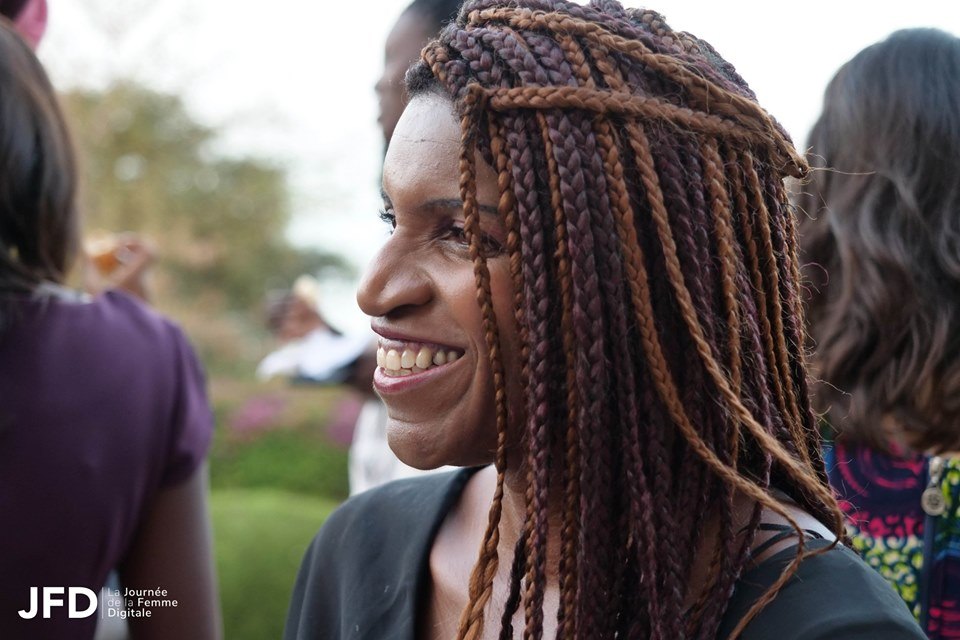
Ivonne González Núñez
Ivonne González Núñez is a lawyer, musician and performer. Holder of a postgraduate degree in European and International Economic Law, she is director of the Black Guiris collective which offers participative artistic performances on the theme of racism and the invisibility of black people. Since 2018, she has run the multilingual Blackening Wikipedia project for the visibility of the contributions of African and Afro-descendant culture to universal culture in the online encyclopedia.
©Photo JSD La Journée de la Femme Digitale
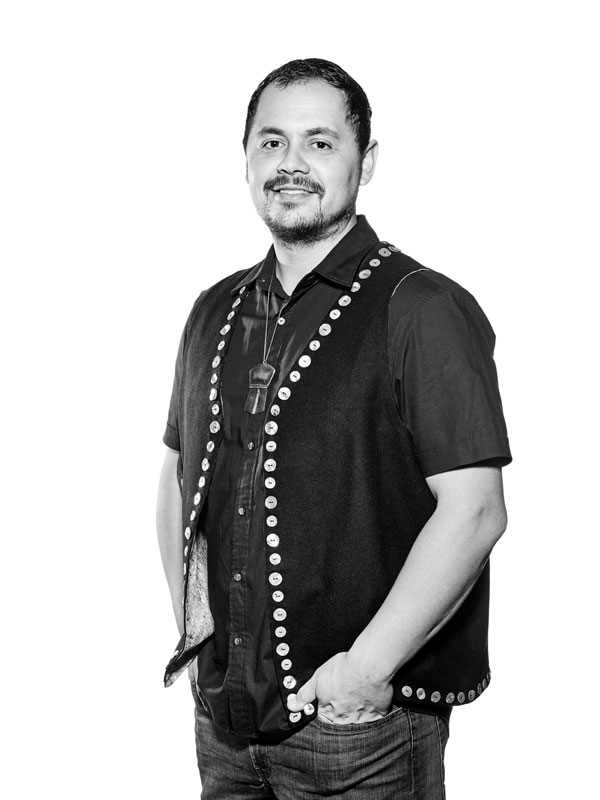
Clifton Guthrie
Clifton Guthrie, whose Ts’msyen name is “Holtka Xsoo”, meaning “Full Canoe”, is a Ts’msyen carver of the Laxskiik clan (Eagle clan), from Metlakatla, Alaska. Clifton was surrounded with traditional Ts’msyen art growing up, much of his inspiration to become a carver stemmed from playing with his great uncle Niishluut’s model totem poles at his grandfather’s house as a child. He and his family work hard to instill traditional values and ways of living into their lifestyle to pass on to future generations.
©Photo Johnathan Watts/MEG
©Photo Johnathan Watts/MEG
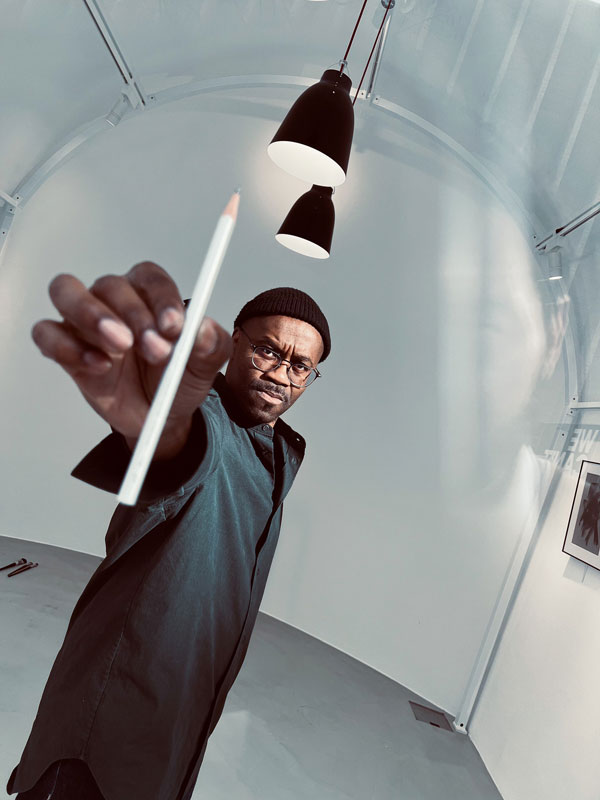
Jean-Philippe Kalonji
Born in Geneva to a family from Congo, Kalonji is a painter, illustrator and author who began his career internationally before returning to settle in Carouge. His humanitarian, societal fresques on such subjects as femicide, war crimes, migrants, slavery, the imbalance between North and South and terrorism, enable him to collaborate with Le Temps newspaper and work with Swiss institutions, NGOs and international organizations.
©Photo Igor Laski
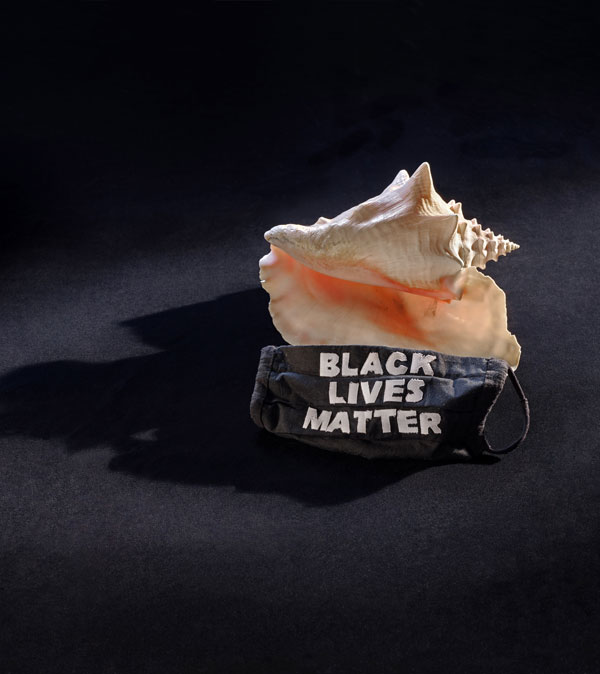
Noémi Michel
Noémi Michel is Black feminist researcher and teacher, activist and cultural worker. Since 2017, her research, “the Politics of Voice”, sketches strategies for listening to and taking care of the voices of colonized people and their descendants. Rooted in the critical traditions of the Black diaspora, her exploration uses various media – text, radio, installations – favouring collective conversation as the source for thinking and dreaming a more just future.
©Photo Johnathan Watts/MEG
©Photo Johnathan Watts/MEG
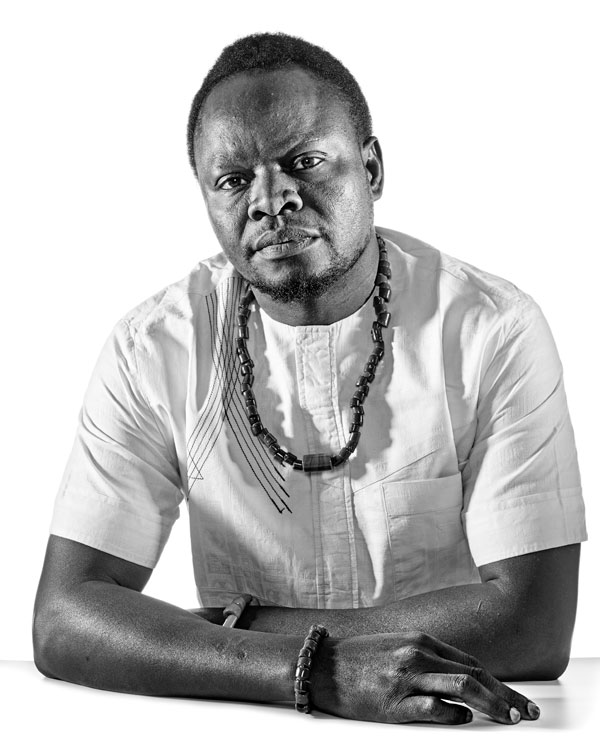
Samson Ogiamien
Samson Ogiamien was born in 1970 into the noble Ogiamien family, in Benin-City, Nigeria. He has been working as a freelance artist in Graz, Austria for several years. Of royal descent on his father’s side and born as it were into the caster’s trade on his mother’s, his art deals fundamentally with the structures of memory. At the same time, he often demonstrates how the special form of the bronze cast functions in its tradition and the importance it carries. Samson Ogiamien sees his art as a bridge between cultures and as an opportunity of bringing people together.
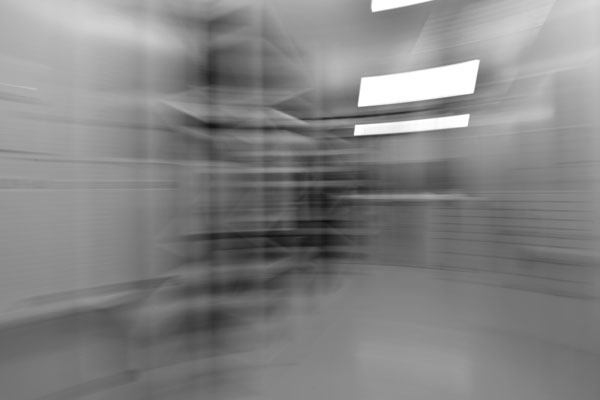
Mathias C. Pfund
Mathias C. Pfund (*1992), holder of a diploma from HEAD Geneva and the University of Geneva in Art History, exhibited at the Salle Crosnier (Geneva) in 2021, at A. ROMY’s (Zurich) and in public spaces in Geneva and Neuchatel in 2022, at the Swiss Art Awards (Basel) and in the Saint-Gall Kunstmuseum in 2023. Using a case study model, he looks at the circulation of signs that produce meaning in specific intervention contexts with a particular interest in the traceability of images.
© Blow, Wind, Blow [geste/gesture 3]
MathiasCPfund. Insides Out [PDF 8 Mo]
© Blow, Wind, Blow [geste/gesture 3]
MathiasCPfund. Insides Out [PDF 8 Mo]
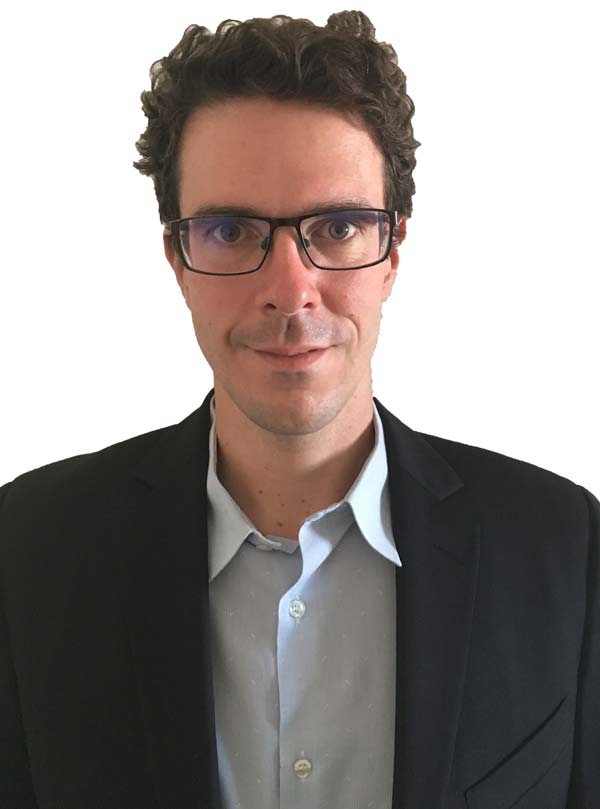
Fabio Rossinelli
Historian, Fabio Rossinelli completed his doctoral thesis in 2020 at the University of Lausanne, where he works as a researcher and teacher of Swiss colonial history. He also works at the University of Geneva in the Department of Geography. He is the author of Géographie et impérialisme. De la Suisse au Congo entre exploration géographique et conquête coloniale, published in 2022 by Éditions Alphil, and scientific co-editor of the collective work De la Conférence géographique de Bruxelles à l'État indépendant du Congo, 1876-1908, to be published in 2026 to mark the 150th anniversary of the start of European colonization in the Congo. Among other things, he contributed to the preparation of the exhibition "Remembering. Geneva in the colonial world" exhibition at the MEG.
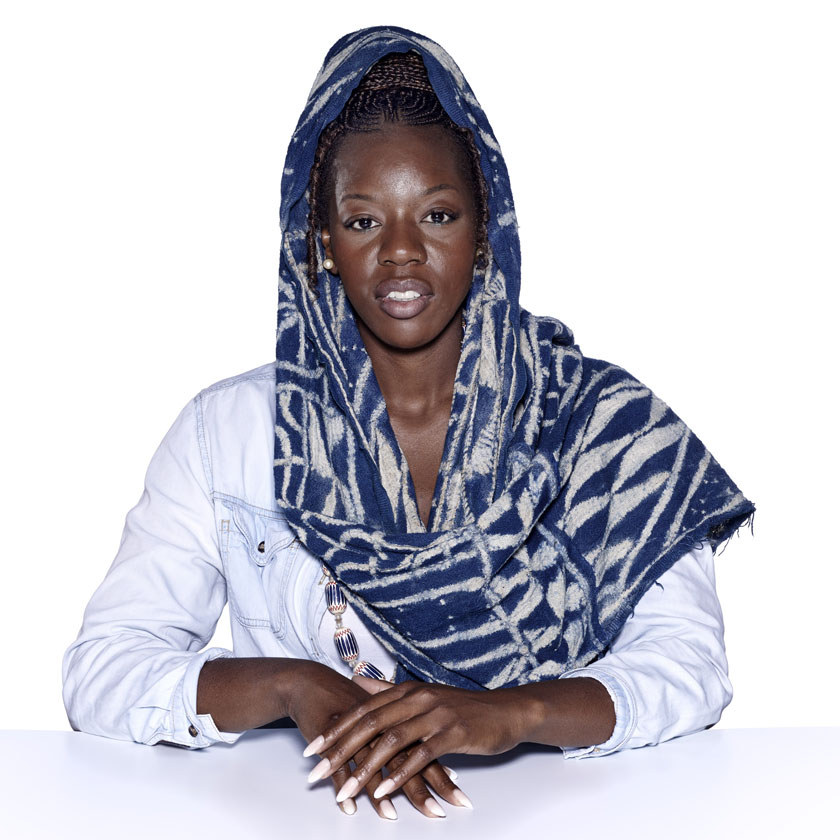
Bansoa Sigam
Bansoa Sigam is a Swiss curator and researcher of Cameroonian descent specializing in African arts and heritages. In the academic context, she plays a significant role in the enrichment of research on matrimonies and advocates the recognition of African women’s heritages often rendered invisible. In her work as a curator she explores both their historic and contemporary traces and endeavours to bring to light the contributions made by artists on the continent and in the diaspora.
©Photo Johnathan Watts/MEG
©Photo Johnathan Watts/MEG
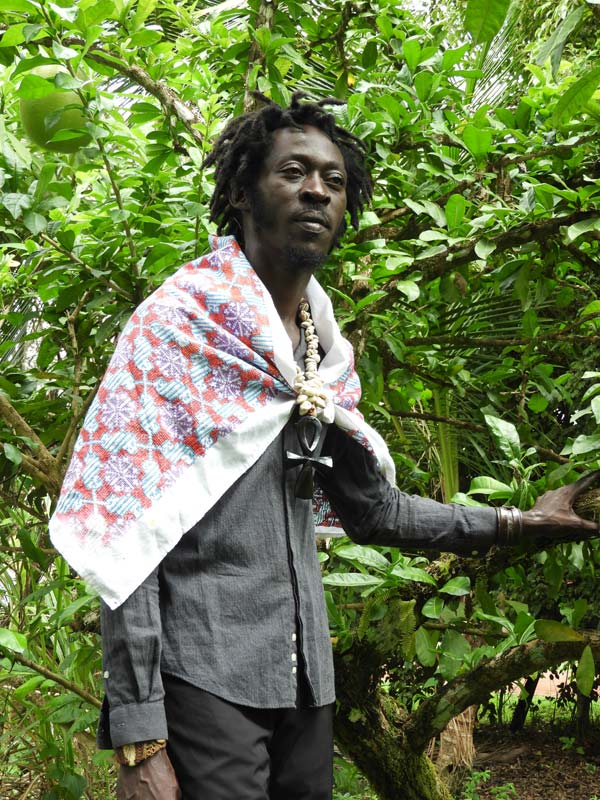
Carlos Adaoudé
Carlos Adaoudé, aka Kalyman, is a Boni visual artist. He offers the world a lively, contemporary vision of Tembe that is nonetheless deeply rooted in tradition. His father introduced him to Tembe art at the age of 6. This was followed by years of apprenticeship and transmission by the elders, from whom he learned the codes of this art of expressing feelings. While developing his artistic career through regular residencies and participation in exhibitions, Carlos Adaoudé has also been running workshops for over 10 years, aimed at the general public.
Main exhibitions : 2014, Festival d'Art Contemporain des Comores (Moroni) ; 2017, Au milieu coule une rivière (Fort de France) ; 2018, Tembé, Amour et Spiritualité, works by Carlos Adaoudé, at l'Encre (Cayenne) ; 2019, Boni de Guyane et de Côte d'Ivoire, at the Hôtel Ivoire (Abidjan) as part of the Journées mémorielles internationales de la route de l'esclave; 2022, Marronnage, l'art de briser ses chaines, at the Maison de l'Amérique latine (Paris); 2023, Marronnages, tembe et photographie des Guyanes aujourd'hui, at the Galerie Dominique Fiat (Paris).

Blick Bassy
Multidisciplinary artist / Sciençeur
Founder of the labels Othatiq AA and Likoda Prod
Co-president of the joint Franco-Cameroonian multidisciplinary commission on the role and commitment of France in the fight against independence and opposition movements in Cameroon from 1945 to 1971.
The ethereal sweetness of his voice, instantly recognisable, contrasts with Blick Bassy's determination to rethink Africa. Brought up in the capital of Cameroon, but also initiated into the rhythms and traditions of the Bassa country, the author and musician is working to bring about a new Africa, free from colonial mimicry, in tune with its deep cultural roots and with the future.
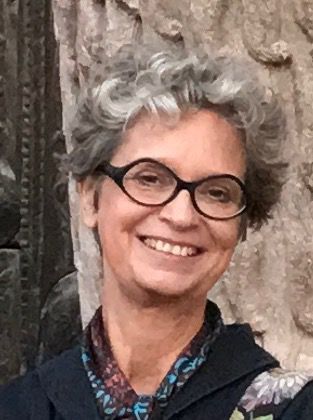
Danielle Buyssens
Danielle Buyssens is a historian with a doctorate in history and civilisation from EHESS in Paris. One of her main areas of interest is Geneva's cultural life, and in particular the history of public collections. An honorary curator at the Ethnography Museum of Geneva, she has also worked at the Musée d'art et d'histoire and the Bibliothèque de Genève.
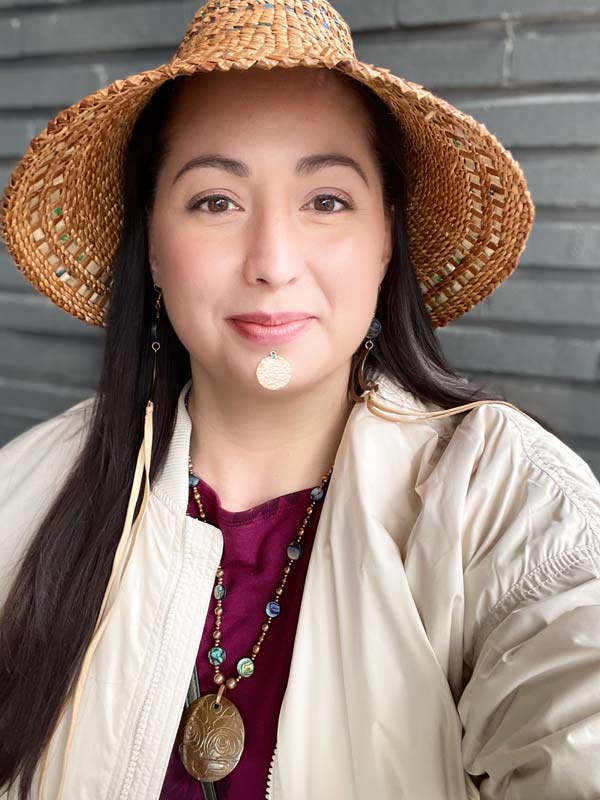
Sm Łoodm 'Nüüsm - Mique'l Dangeli
Sm Łoodm ‘Nüüsm (Dr. Mique’l Dangeli) is of the Tsimshian Nation of Metlakatla, Alaska. She is a leader of the Hayetsk Dancers and an Assistant Professor of Art History, Indigenous Arts, in the Department of Art History and Visual Culture at the University of Victoria. Mique’l was recently awarded the Terra Foundation Visiting Professor of First Nations Art at the University of Sydney for the 2024-2025 academic year to expand upon her work in art history, language revitalization, sovereignty, and dance.
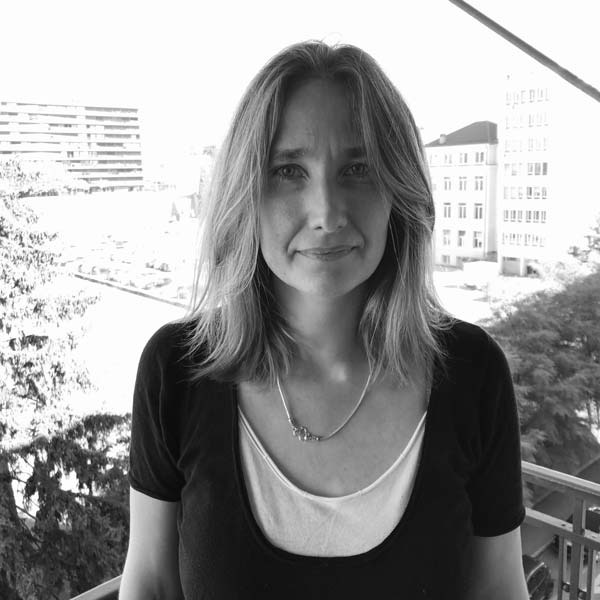
Marie-Luce Desgrandchamps
Marie-Luce Desgrandchamps is a lecturer at the University of Geneva and a Swiss National Science Foundation senior researcher at the University of Fribourg. Her research focuses on the history of humanitarian aid, non-governmental and international organizations, and the contemporary history of Africa. Her publications include L'humanitaire en guerre civile. La crise du Biafra (1967-1970) (Presses universitaires de Rennes, 2018).
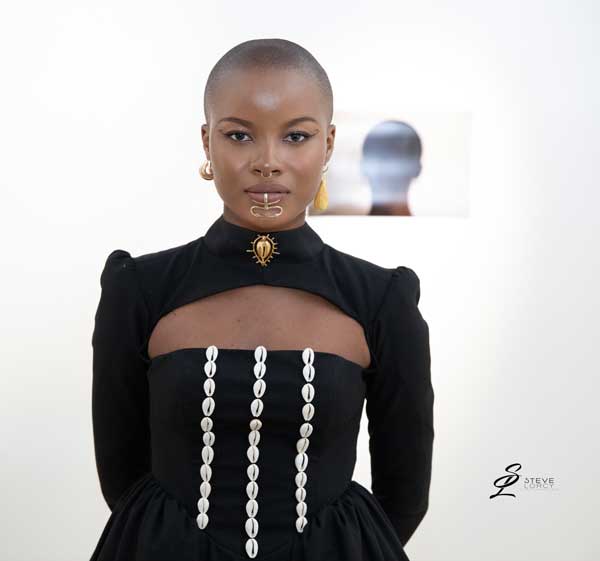
Lafalaise Dion
Lafalaise Dion is the brainchild of Dion Dewand Marcia Lafalaise, an African/Dan creative soul born and raised in Côte d'Ivoire. Drawing inspiration from the vibrant tapestry of her homeland, particularly her upbringing in Man, the city of 18 mountains, Lafalaise Dion is steeped in a culture that fosters a profound appreciation for life, love, craftsmanship, storytelling, indigenous cultures, traditions, transmission, healing, and self-love.
With a compelling vision driving her, Lafalaise Dion aspires to serve as a beacon of cultural celebration and empowerment. Dion envisions a world where craftsmanship, spirituality, and self-love intertwine seamlessly, creating a space where individuals can reconnect with their heritage and embrace their unique identities. This visionary outlook permeates every facet of Lafalaise Dion's journey, from its inception to its profound impact on communities across Africa and beyond.
To go further [PDF 0.3 Mo]
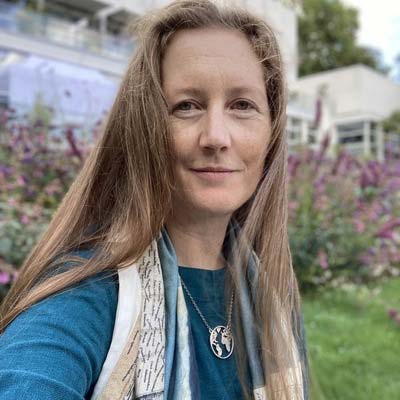
Juliet J. Fall
Juliet Fall is Full Professor in the Department of Geography and Environment at the University of Geneva, Switzerland. As a political geographer, she is interested in how people understand and experience territory and make sense of the world in their daily experiences, connecting spatial experience from the scale of the body to that of the international. In order to do this, she uses a variety of visual research methods, including film-making, photography, comics and autobiographical and feminist visual methods. She has also written about the history of ideas and critical spaces of knowledge production by focusing on biographies of geographers and their situated practices in Francophone, Anglophone and Italian scholarly spaces. She teaches and has published widely on the history and epistemology of geography, visual methods and comics. She is currently writing a scholarly book and drawing a comic at the intersection of visual methods, border studies and creative geographies. Her comic and accompanying scholarly book “Along the Line”, on the Franco-Swiss border in Geneva, will be published in autumn 2024, at the intersection of political geography, visual and creative methods.
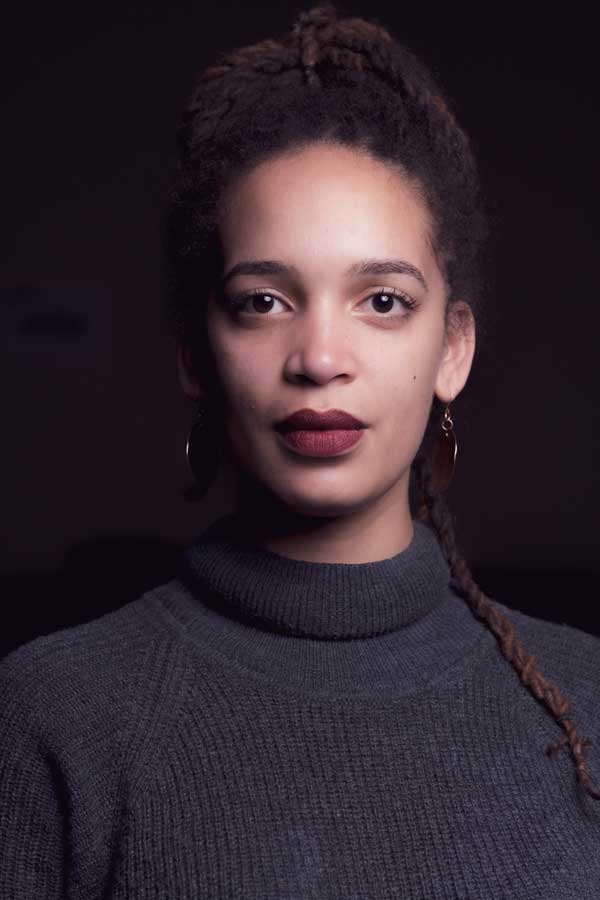
Beya Gille Gacha
Beya Gille Gacha is a pluridisciplinary artist, born on December 8, 1990 in Paris, to a Cameroonian mother and a French father. She entered the Ecole du Louvre in 2011, however Beya Gille Gacha is a self-taught artist who conceives her artistic practice as an engagement in an intersectional perspective; thus she creates two collectives including DES GOSSES, in 2016, with artists Rakajoo and Neals Niat, which questions the lack of representation of young Afro-French artists with singular paths.
In 2017, she joined the Coalition of Artists for the General History of Africa at UNESCO.
In 2024, her work will again be featured in the IN de Biennale de Dakar, this time in the Curator Choice exhibition entitled "On s'arrêtera quand la terre rugira", and at the Beelden Op de Berg Sculpture Biennial, in Wageningen, Netherlands.
Photograph © Lorenzo Piano
To go further [PDF 0.3 Mo]
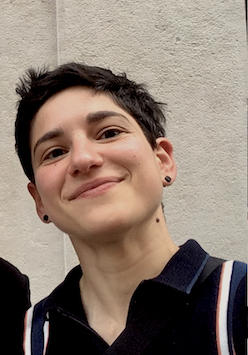
Taline Garibian
Taline Garibian is a senio researcher at the Maison de l'Histoire at the University of Geneva. Specialising in contemporary history, her research interests include the history of medicine and science, the history of war, violence and genocide, and the history of gender and sexuality. Since 2024, she has been leading an SNSF-funded research project entitled Mass Death, Science and Medicine: Handling the Corpses of War in Modern Europe (1850-1960).
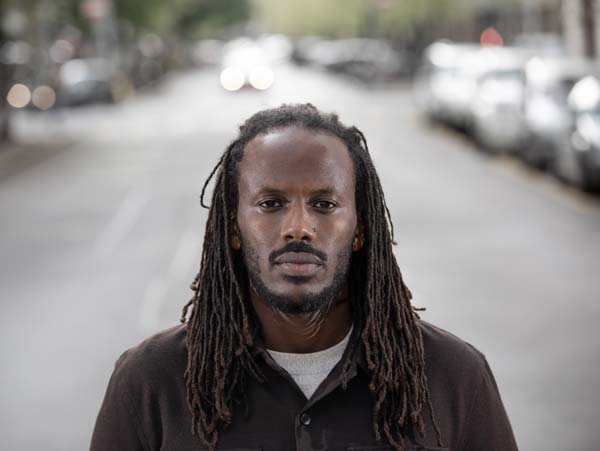
Shyaka Kagame
Shyaka Kagame was born in Geneva in 1983 to parents of Rwandan origin. After studying political science, he embarked on documentary filmmaking, releasing his first feature film "Bounty" (JMH & FILO Films/RTS) in 2017, which tackles the identity issues of the first Afro-Swiss generation. In 2018, he directed the report "Policiers vaudois, une violente série noire" (RTS), which looks at the increasing number of deaths of black men during police interventions in the canton of Vaud. In 2023, he is author and narrator of the podcast "Boulevard du Village noir" (RTS/Futur Proche), an audio series exploring racism and the colonial unconscious in Switzerland through the territoriality of Boulevard Carl-Vogt in Geneva.
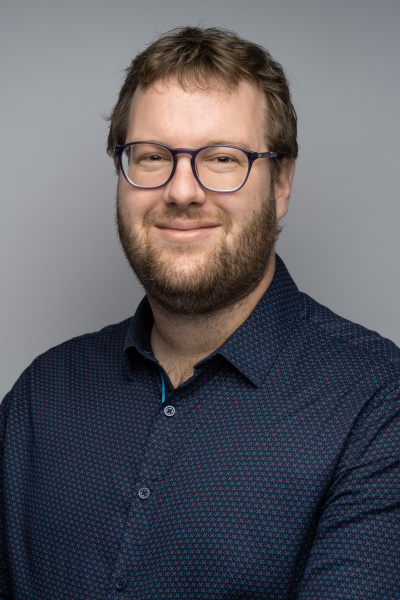
Guillaume Linte
Guillaume Linte is a historian. After completing his doctorate at Université Paris-Est and teaching at Université de Strasbourg, he joined the University of Geneva in 2020. He is now head of research at the Institut des Humanités en Médecine of the University of Lausanne and the Centre Hospitalier Universitaire Vaudois. His work focuses on the history of health, infectious diseases and colonization. His publications include Hygiène navale et médecine des colonies en France (XVIe-XVIIIe siècle) (Paris, Indes Savantes, 2023) and Maladies infectieuses sans fin. Le cas de la syphilis pour penser la mobilisation-démobilisation prophylactique (XXe-XXIe siècle) with Alexandre Wenger and Christian Bonah (Geneva, Editions Georg, 2022).
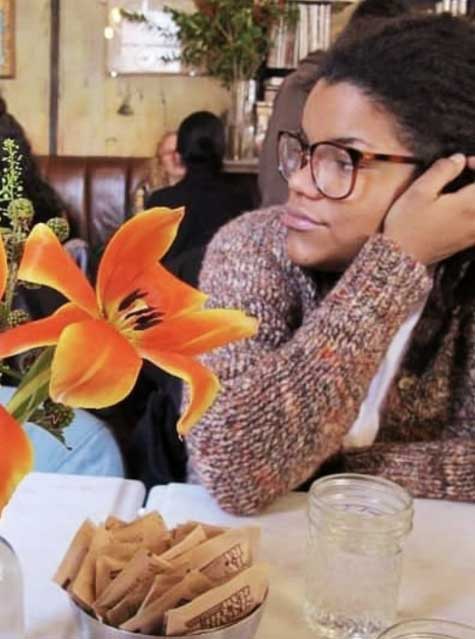
Paloma Lukumbi
Paloma Lukumbi is from the Bakongo region of Uige (now part of Angola) and Basque. With a passion for stories of all kinds, she obtained a Bachelor's degree in English Language and Literature and General Linguistics in 2010. Throughout this period, her focus has been on post-colonial, Afro-American and queer literature.
As a sonic poet, she honed her artistic practice through the development of a genre she calls the "docu-poem," combining voice and words. It was in this context that she travelled across the United States, taking a particular interest in the textures of black women's voices as a medium of transmission, as captured in black music and literature. Later, it was her encounter with the author Essex Hemphill and her book Ceremonies: Prose and Poetry that her practice would take a completely different turn - notably around questions of the intimate and the ceremonial (from an epistemic but above all a liminal point of view). (Hemphill, Essex. Ceremonies: Prose and Poetry. A Plume Book (Penguins Book): New York, 1992).
She will complete her MA in English Literature in 2019, simultaneously presenting her first book of poems and a visual project called "Melanated" Futurism and Sonic Voices. (Project combining my poems performed by myself and Afro-descendant artists; produced by Samuel Chispa, Geneva (2019)). Today, she works on a variety of creative projects, occasionally publishing/translating, but also in cultural mediation.
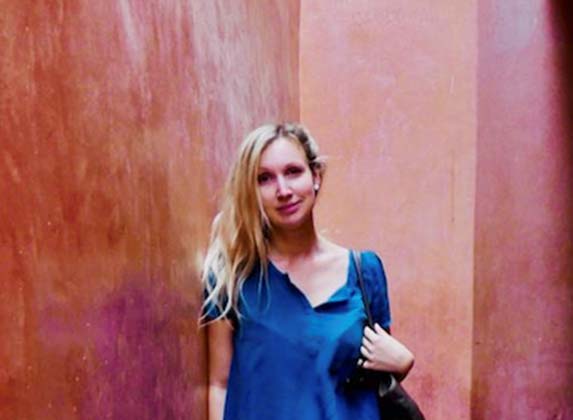
Naïma Magetti
Naïma Maggetti has been a research associate at the Maison de l'histoire at the University of Geneva since October 2022. Specialising in contemporary history, she defended her doctoral thesis in October 2020 on the re-legitimisation of the British imperial project during the period of decolonisation between 1945 and 1957 (UNIGE). Her research focuses on the British colonial empire and colonial discourse and photography. In 2016-2017, thanks to support from the Swiss National Science Foundation, she was a visiting researcher at King's College London. Since January 2020 she has also been a member of the scientific committee and coordinator of the doctoral programme in contemporary history at the Conférence universitaire de Suisse occidentale (CUSO).
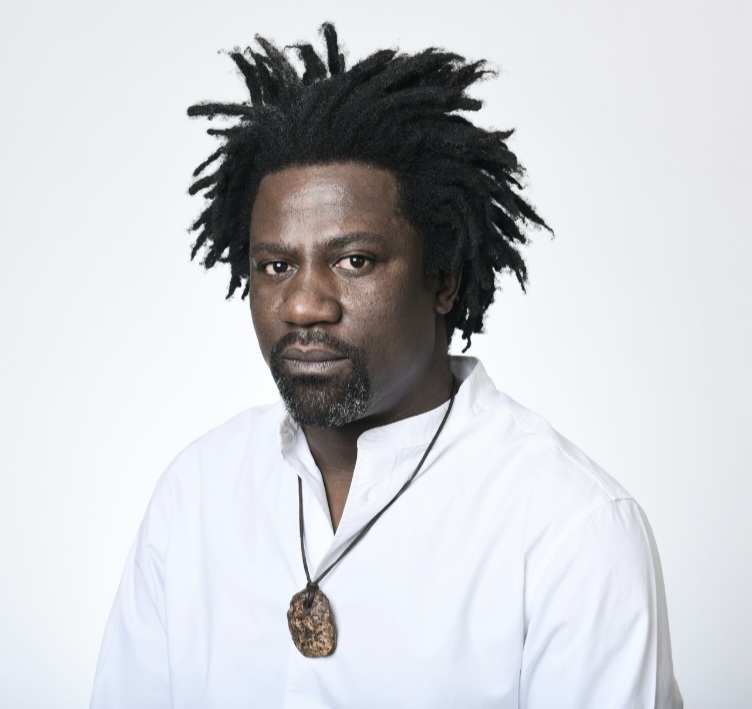
Samy Manga
Samy Manga is a writer, ethno-musician, sculptor and environmental activist from Cameroon. As an eco-poet, he promotes green writing in favor of ecology and biodiversity. He is also founder of the Écopoètes International association and artistic director of the ArtViv Projet cultural space in Lausanne. His latest publications are Chocolaté (Éditions Écosociété, Montreal, 2023) and Choco Trauma (Éditions La Croisée des Chemins, Casablanca, 2024), two books that explain and denounce "the bitter taste of cocoa farming". He won Fipa's Grand Prix Poésie Africaine d'Expression Française in 2021, and was a finalist in other literary competitions in 2023 (Prix des Cinq Continents de la Francophonie, Prix Kourouma).
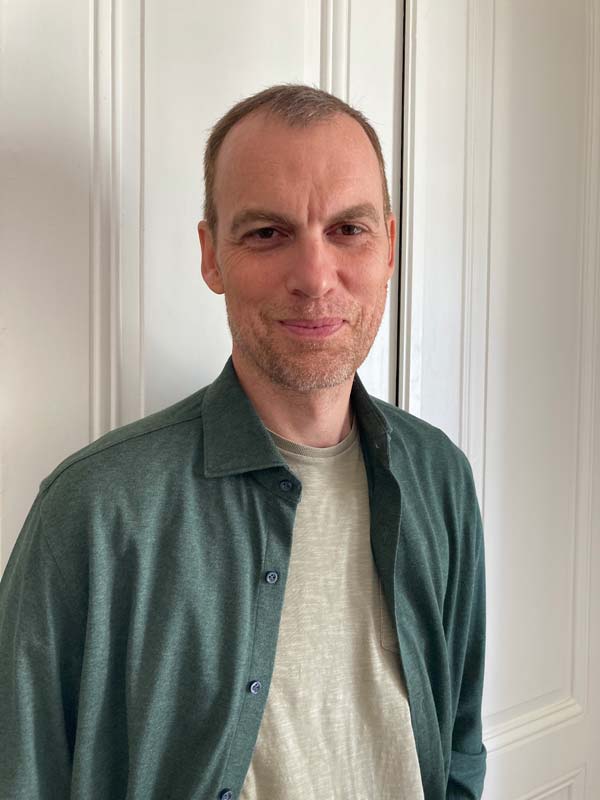
Thierry Maurice
Thierry Maurice holds a doctorate in history. He published his thesis La Transition démocratique : l'Espagne et ses ruses mémorielles (1976-1982) (Presses Universitaires de Rennes, 2013). A scientific collaborator with the Maison de l'histoire at the University of Geneva, he is one of the programmers of the Festival Histoire et Cité, a large-scale event in French-speaking Switzerland that aims to place the major issues of our time in a historical perspective. The inclusion of memory in the public arena has led him to examine, in two forthcoming collective works, the status of exhibitions of so-called "exotic" populations in Geneva at the turn of the 20th century, as well as the links between writer Albert Cohen and the City of Calvin.
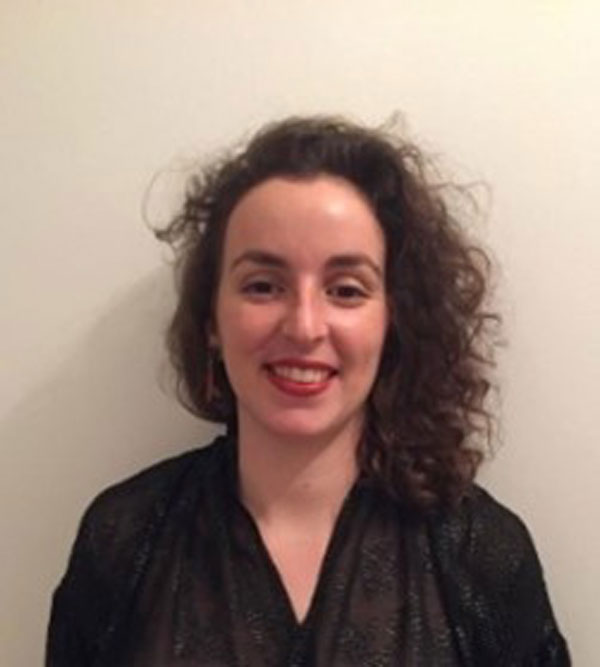
Caroline Montebello
Caroline Montebello is a PhD student at the UNIGE and the EHESS, and an assistant in the UNIGE's contemporary history unit. Her research focuses on the history of anthropology in Geneva between 1845 and 1955. She is particularly interested in colonial collections of human remains and the production of anti-humanist discourse in anthropology. As part of the 'Dialogues en route' project, she worked with Floriane Morin (MEG) on guided tours highlighting the role of Geneva scholars in legitimizing unequal ideas about human being.
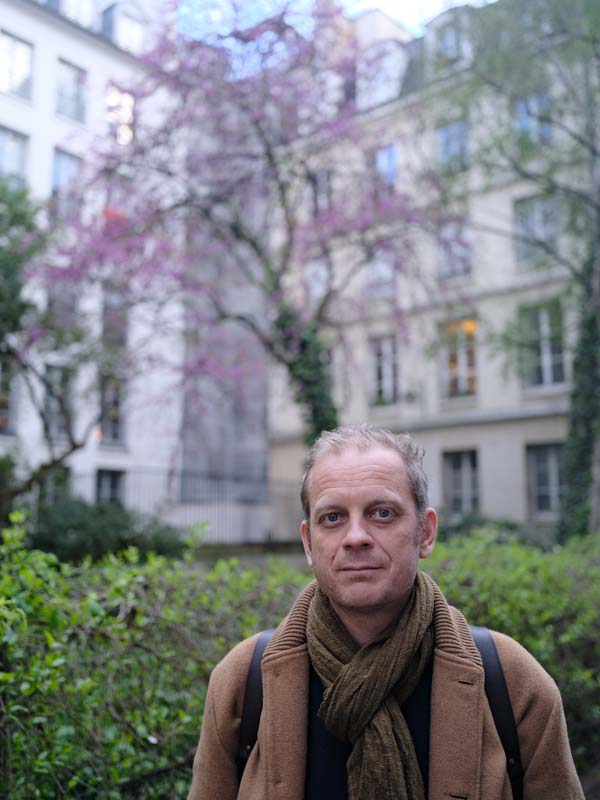
Thomas Mouzard
An anthropologist and head of ethnology and intangible cultural heritage at the French Ministry of Culture, he worked in French Guiana from 2012 to 2018, first for the commune of Awala-Yalimapo and then for the Department of Cultural Affairs as an adviser on ethnology and for the communes in the interior. He curated the exhibitions Marronnage l'art de briser ses chaînes (Maison de l'Amérique latine, Paris, 2022, with G. Wiels) and Marronages, tembe et photographie des Guyanes aujourd'hui (galerie Dominique Fiat, Paris, 2023).
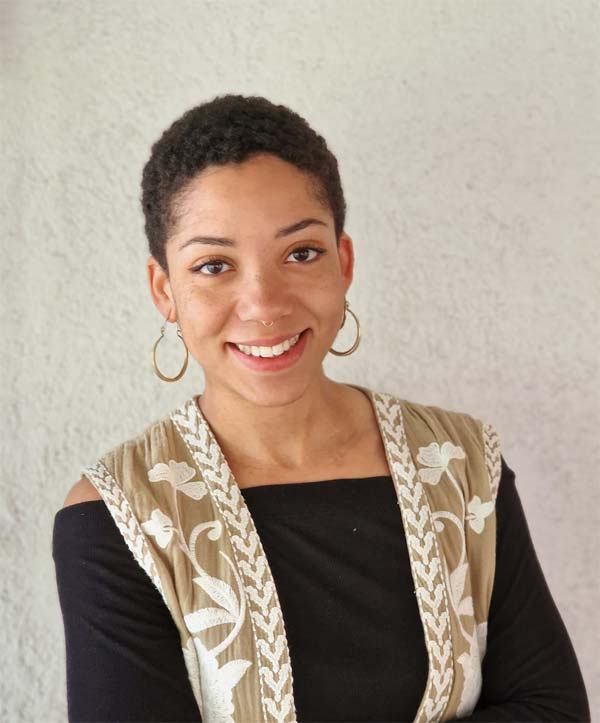
Lisa N'Pango Zanetti
Lisa N'Pango Zanetti has a degree in political science, with a specialization in contemporary history. She has worked at the University of Lausanne and the University of Geneva. She is interested in Switzerland's involvement in European imperialism in the 19th and 20th centuries, and in the post-colonial dynamics influencing contemporary Swiss society. In her most recent contribution, published in the Geneva geography magazine Le Globe (2023), she analyzes Swiss asylum policy in the light of the country's economic interests in Mobutu's Zaire (now the Democratic Republic of Congo). More generally, her approach aims to shed light on history's marginalized actors, underlining the importance of an inclusive perspective in historical analysis.
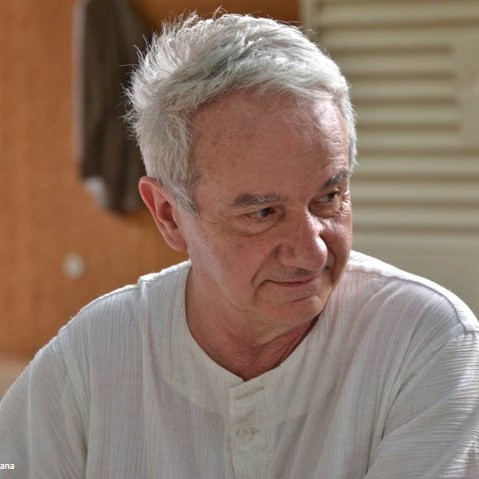
Jean-Dominique Pénel
Jean-Dominique Pénel holds a doctorate in Philosophy and Comparative Literature (specialising in African literature). He worked from 1969 to 1983 in CAR, from 1983 to 1992 in Niger, from 1992 to 1998 in Djibouti, from 1998 to 2004 in Gambia and, again, from 2005 to 2006 in Niger.
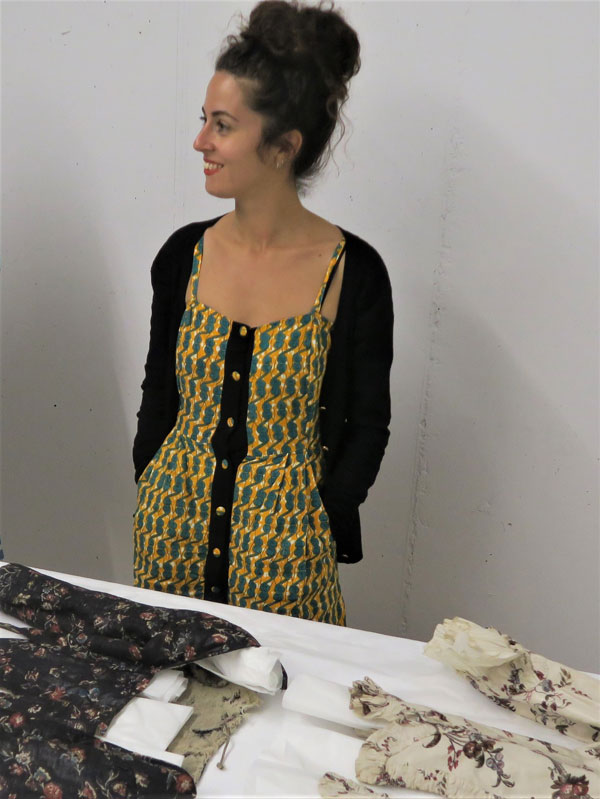
Sara Petrella
Sara Petrella is an arts historian and she currently leads an SNSF project at the University of Fribourg. She completed her doctoral thesis in Geneva and has been a postdoctoral researcher in Berne, Montreal and Neuchâtel. She has curated various artistic and cultural projects, exhibitions and festivals in Switzerland, France and Canada, and has worked in museums and NGOs with Indigenous Peoples. She has co-written a book (with Philippe Borgeaud, Le Singe de l’autre. Du « sauvage ameriquain » à l’histoire comparée des religions, Paris-Geneva, BGE-Des Cendres, 2016) and recently published her new book, Quand les dieux étaient des monstres. La Mythologie hybride de Natale Conti et Vincenzo Cartari (Rennes, PUR, 2023).
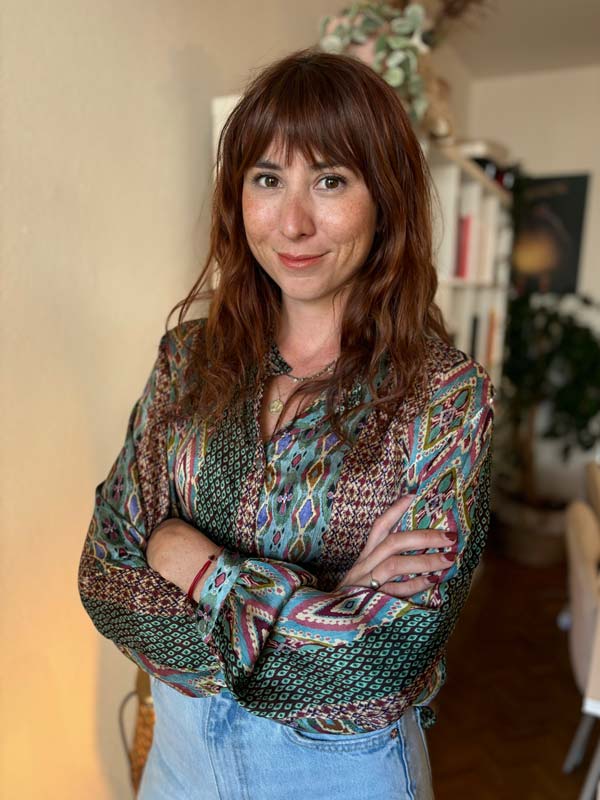
Letizia Gaja Pinoja
Letizia Gaja Pinoja is a doctoral student in the Department of International History and Politics at the Graduate Institute of International and Development Studies in Geneva. She is interested in Switzerland's colonial past through the history of Swiss chocolate. Through her archival research, she helps to shed light on often overlooked facets of the historical narratives that have shaped the nation's cultural landscape. She is also active in the study of contemporary issues related to racism in Switzerland, and advocates the use of the country's colonial history as a tool in the fight against racism.
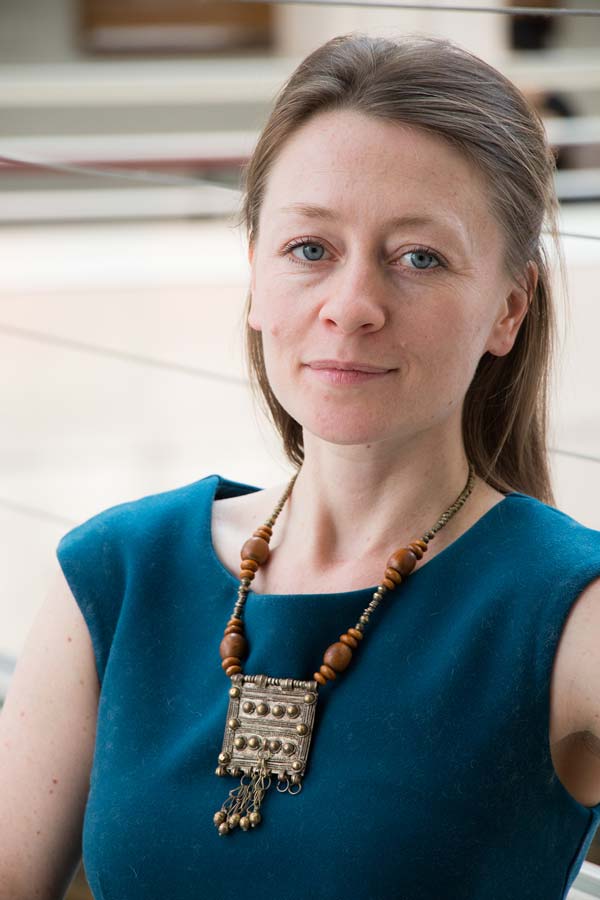
Estelle Sohier
Estelle Sohier is an associate professor in the Department of Geography and Environment at the University of Geneva. At the crossroads of geography and cultural history, her work focuses on the history of photography and its uses during the colonial period, and on notions of visual culture and the geographical imagination. Her doctoral thesis at the University of Paris 1 Panthéon-Sorbonne focused on the political use of photography in Ethiopia between the 1880s and the 1930s. She runs the Certificate in Visual Studies and the Bachelor's degree in Geography and the Environment. She is also an exhibition curator.

Iris Terradura
A graduate of the University of Neuchâtel with a Master of Arts in Museum Studies, Iris Terradura completed an internship in the history of collections at the Ethnography Museum of Geneva, during which she researched the provenance of several objects held in the Asia Department. Based on this research, her dissertation takes a critical look at the presence and representation of objects made from human remains in Swiss ethnographic collections.
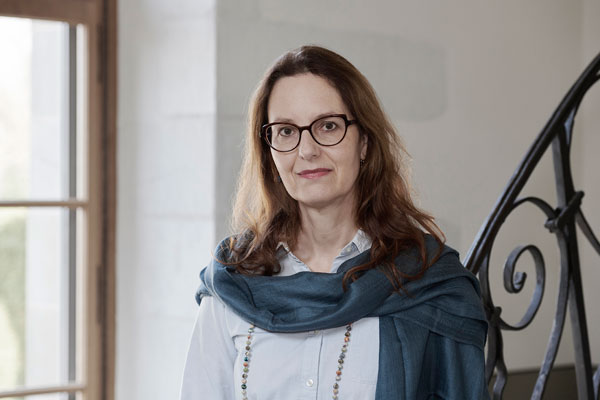
Helen Bieri Thomson
Helen Bieri Thomson is an art historian with a degree from the University of Lausanne. Since 2016, she has been Director of the Château de Prangins - Swiss National Museum and a member of the Executive Board of the Swiss National Museum; from 2005 to 2015, she worked there as curator. Since 2010, she has also been in charge of the wallpaper department at the National Museum. Her main fields of interest are the history of interiors and the decorative arts. She was responsible for the acquisition of 150 Indian fabrics from the internationally renowned collection of Xavier Petitcol, and for the exhibition Indiennes. Un tissu révolutionne le monde! and the publication of the same name (2018). She has also directed the "Centre for the Study of Indiennes" project at the Château de Prangins (2021).
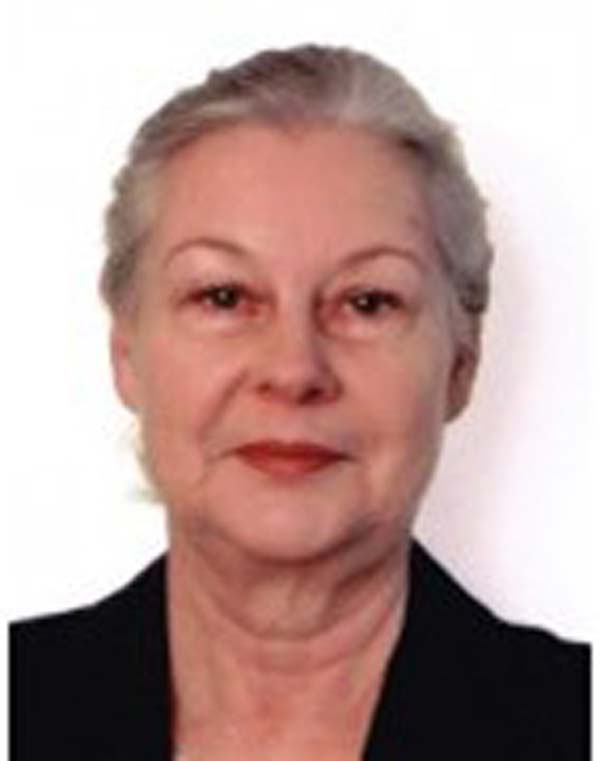
Béatrice Veyrassat
Béatrice Veyrassat studied in Geneva and Paris. At the University of Geneva, she taught international economic history from 1992 to 2007 (Department of History, Paul Bairoch Institute). Her research has focused mainly on the history of cotton industrialisation in Switzerland and the country's economic and financial expansionism. Her most recent publications focus on the history of Switzerland from a transnational and global perspective. She was scientific adviser to the Historical Dictionary of Switzerland and a member of its Foundation Council (1994-2008), and also sat on the Research Council of the SNSF (2001-2009).